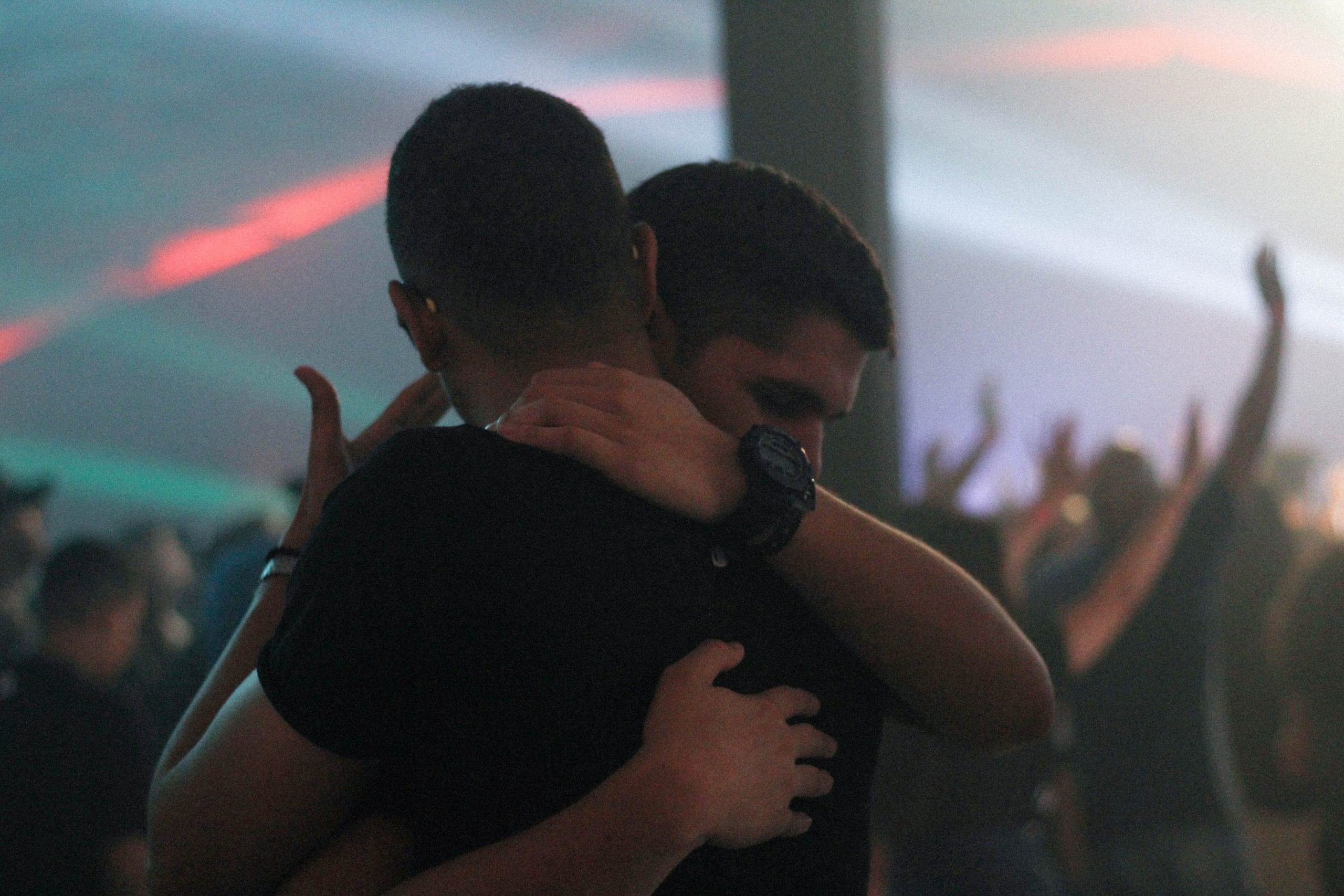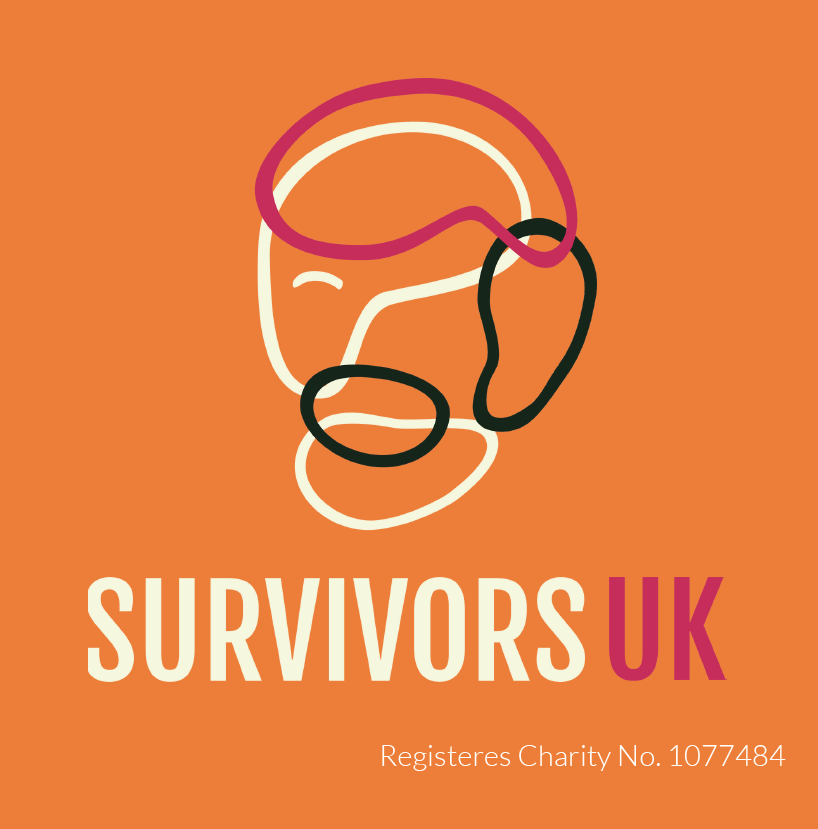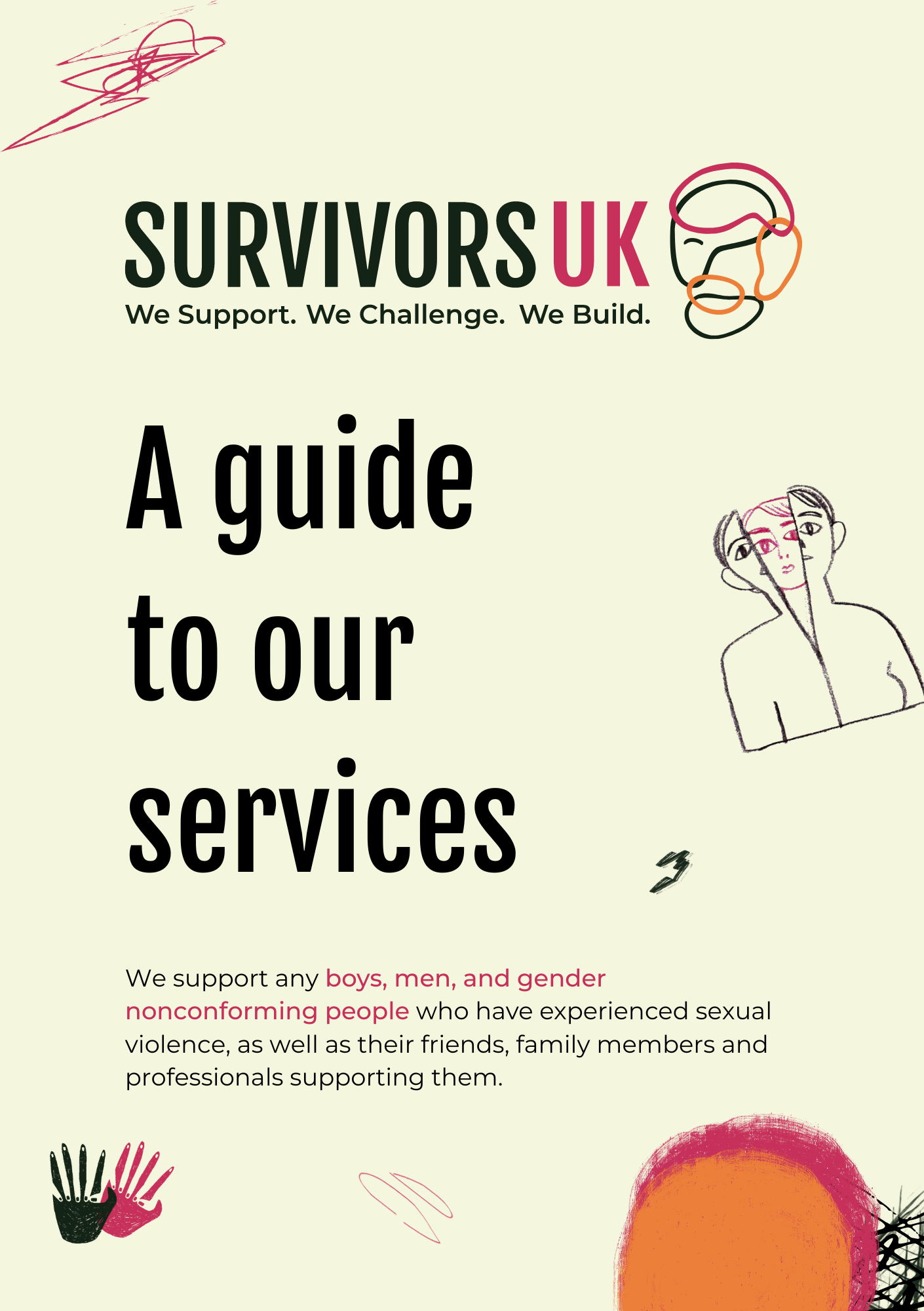
Dealing with other people’s response to our trauma
Without wishing to state the obvious, living with trauma is hard work. How it affects us varies very much from person to person, but trauma symptoms can make our daily lives feel like a real challenge. Sadly, if we find ourselves surrounded by people who don’t understand our symptoms – or who don’t accept what trauma is like for us – we can feel very alone. It can be hard to accept our own trauma at the best of times, and other people’s responses to it can make this even harder. Living with the fear of others’ reactions if we have a flashback, or panic attack, can even make our symptoms worse, increasing our anxiety or hypervigilant state of feeling unsafe in the world.
Responses that feel dismissive and insensitive to our trauma can in turn increase our feelings of shame, an emotion that trauma thrives on. Trauma and shame are closely linked, especially when it comes to sexual violence and abuse. Perpetrators of sexual violence often project their own feelings of shame onto the person they have abused, either overtly – like telling us it’s our fault, or more subtly – for example by advising us not to tell anyone because no one will believe us. There is also the sad reality that, whilst things are improving, sexual violence and abuse is still a largely taboo subject in our society, leaving it widely misunderstood. This can worsen our feelings of shame about what happened to us, us, and increase our isolation.
So, what exactly can we do about this?
There are a few practical steps we can take to protect ourselves from the impact of other people’s misunderstandings about trauma. One thing we can do is inform people around us about trauma generally, and our own trauma responses. Informing the people in our lives can help them understand why we might react to certain situations the way that we do – and what they can do to support us. The Australian website Living Well has some really useful information for partners, friends and family and SurvivorsUK has a number of resources about the impact of sexual trauma, including some written specifically for our allies – if you don’t have a counsellor or ISVA with us, you can contact us at here or via our online helpline to find out more.
Another thing we can try is to tell people around us that, whilst perhaps it’s hard for them to understand our trauma symptoms and triggers, there are things they can do to support us – and things that really don’t help. For example, having someone tell you to “pull yourself together” is unlikely to feel supportive, and could be upsetting. Being encouraged by those close to us to do something soothing when you’re triggered (see here for some ideas), or even just having them sit with you and offer reassurance during a flashback or panic attack, can help take the edge off, and help you feel less alone.
If someone isn’t willing to see your point of view or offer simple support, it might be helpful to think about how you can protect yourself from the negative effects of this. Reducing contact with them might be the obvious solution but doesn’t always feel possible. It can be useful to think about how to take care of ourselves before, during and after contact with the people we can’t avoid who fall into this category. For example, a simple mindfulness exercise prior to seeing them, carrying an “anchor” or something we find soothing in our pocket that we can turn to whilst we’re with them, and going for a walk afterwards may help negate the effects of any comments or actions that are unhelpful. If it’s someone we live with, it might help to periodically give ourselves time away from them, ideally with someone who is more supportive – be it a friend, a counsellor, maybe going out to make a call to a helpline. If that isn’t possible, do something supportive for yourself – such as losing yourself in a video game or puzzle, getting down to something soothing and creative like art or cooking, or letting it all out in a workout.
Most importantly, remind yourself that you are not to blame for your trauma symptoms – the trauma is. Living with trauma is hard enough without feeling guilty about it. Being triggered is not a choice, and whilst we can work on managing our symptoms and processing our trauma, there isn’t a quick fix. Unfortunately, being left to feel shame, guilt and blame about sexual violence and abuse isn’t unusual. Along with grounding techniques, therapy or whatever works for you, protecting yourself from the opinions of people who perpetuate those feelings is another step we can take to care for ourselves – and aid our recovery.






